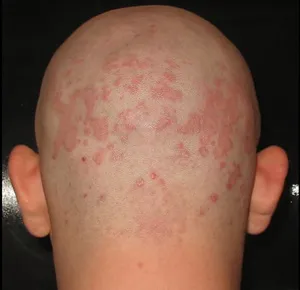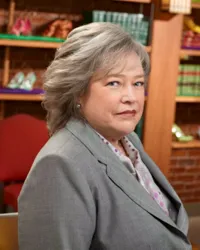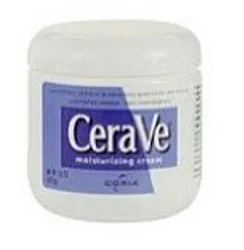
Beauty: Roscea Skin Rash Findings
IntroductionI have battled rosacea all of my life finding some success for certain periods of time. My dermatologist, who is wonderful, treated me with a variety of creams and pills which netted me perfectly clear skin, as long as I was faithful to the program. I found it interesting to recently read an article on PRWEB (dated April 24, 2006) that announced new findings in the battle against the famous skin rash known as roscea. According to Derek Lepage, public relations co-ordinator for FaceDoctor, "studies show there are millions of adults who sill suffer from facial rashes or similar facial afflictions." It is commonly known that many children get facial rashes for a variety of reasons while teenagers suffer through various states of acne. But as a person ages, their skin is supposed to clear up. According to Lepage "most facial afflictions are misdiagnosed as adult acne when the rash is actually caused by rosacea (Ro SAY Chaa). Lepage pointed out that "in the western hemisphere (rosacea) has not been addressed as a parasite, but as a bacterial infection." Doctors have performed 30 years of research and have discovered that a parasite that lives under the skin and feeds off the oil found inside the facial skin's hair follicle causes the condition. According to Lepage, "the redness appears when the parasite chews its way through an oil gland," he added. "The pore becomes enlarged and then plugged with bacteria and that’s when acne develops." Another myth associated with rosacea is that it’s hereditary. According to Lepage, that’s just not true. "People usually get (rosacea) through close contact with others when they are babies, such as mothers breastfeeding their children," he said. "The parasite can live under the skin and not appear for years." The National Rosacea Society has found that the most common triggers for rosacea are sun exposure, emotional stress, hot or cold weather, wind, alcohol, spicy foods, heavy exercise, hot baths, heated beverages and certain skin-care products. In other words, almost anything that is potentially stimulating can be bad news. If a person with rosacea is treated for a bacterial infection, Lepage said their skin will clear up while they are on medication, but the rash will come back because the parasite has not been treated. That’s where FaceDoctor comes into play. The company has developed a soap with a special ingredient that kills the parasite – seabuckthorn oil. "The oil in the soap is clinically proven to destroy 80 per cent of the parasite on people with normal skin," Lepage said. "For people with rosacea, it allows their skin to return back to its normal skin tone." Studies have found that seabuckthorn oil has a nourishing, revitalizing and restorative action that can be used not only for acne but for dry, itchy skin, eczema, burns, cuts and postpartum pigmentation, as well. For more information on the FaceDoctor soap, visit: www.facedoctor.ca SummaryIf you have been troubled with rosacea, check out this new discovery. Studies have shown that seabuckthorn oil can create wonderful results. Why not give it a try? For more information on the FaceDoctor soap, visit: www.facedoctor.ca |
| If you want to talk more about this or other hair care articles on HairBoutique.com or anywhere else, please post a message on HairBoutique.com's Hair Talk Forums.
|
Social Media Network Information
Please follow us on Twitter at: https://Twitter.com/HairBoutique. I look forward to meeting new people from all walks of Twitter and learning from their Tweets.

















